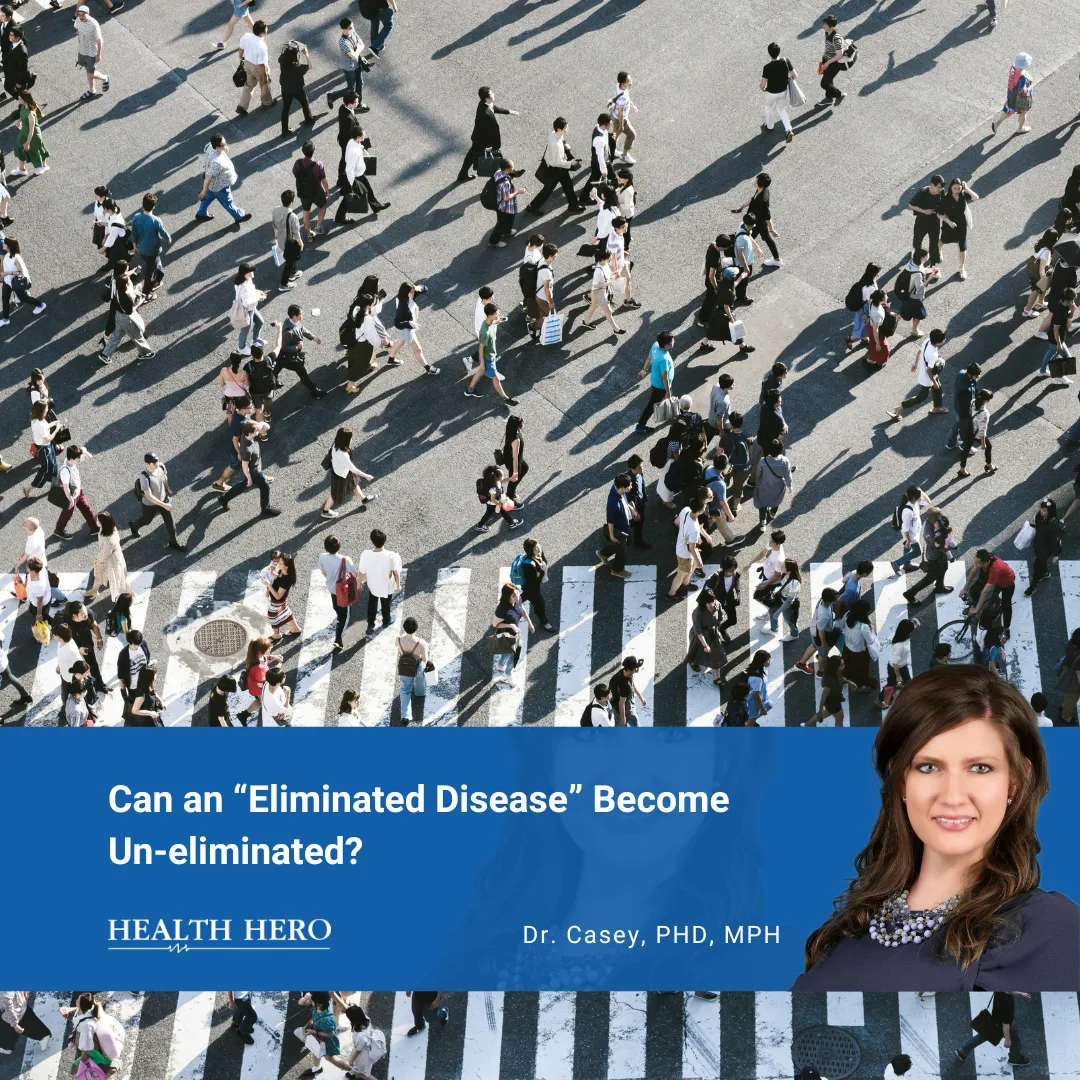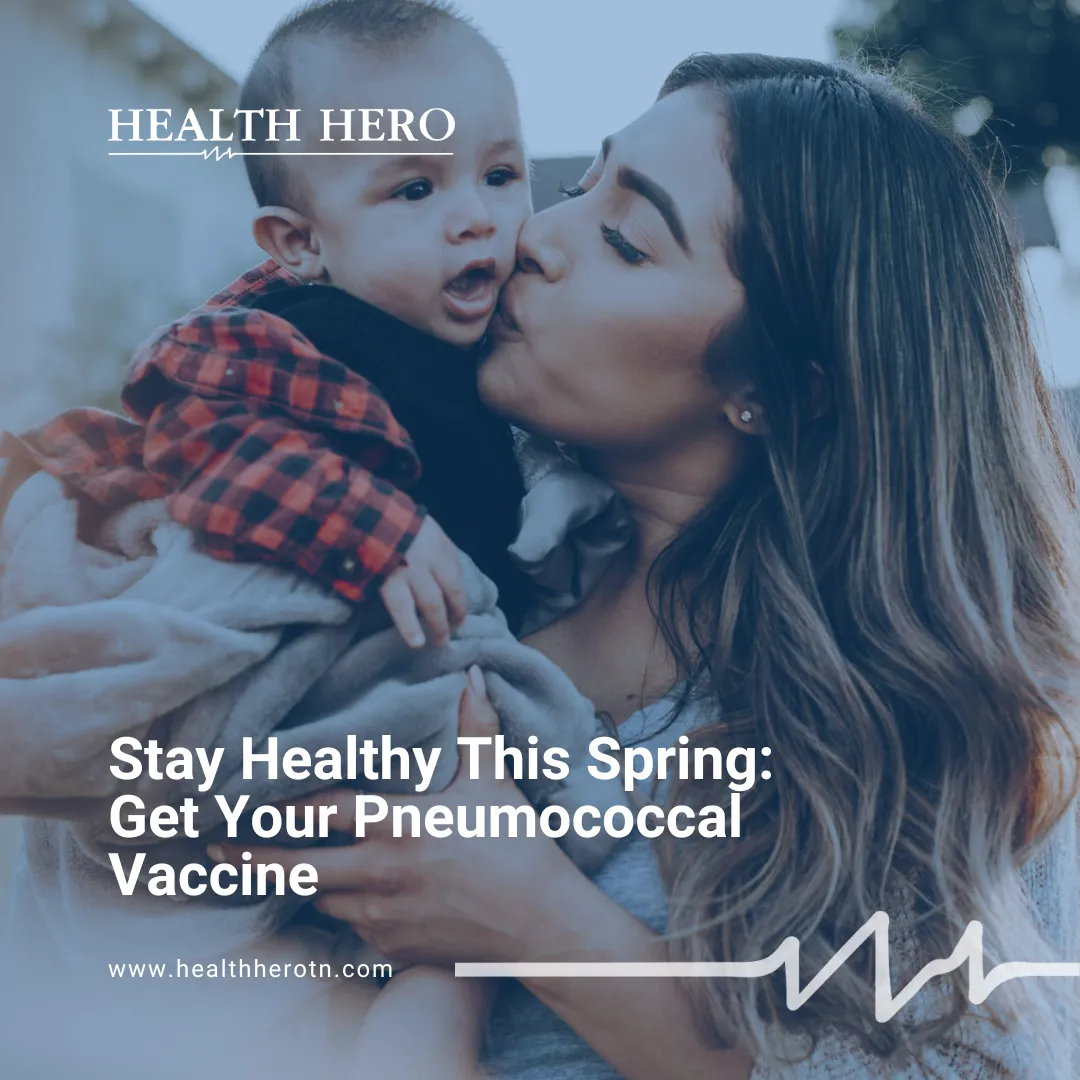Whooping cough, also known as pertussis, was a leading cause of childhood illness and death in the United States before the introduction of a vaccine. Millions of people were diagnosed between 1940 and 1945 before seeing a reduction in cases in the 1970s to less than 3,000 per year.
The number of cases of whooping cough in the U.S. in 2024 remains below normal pre-pandemic levels, which typically sit around 20,000 annually. According to the CDC, cases jumped to nearly 50,000 during a 2012 outbreak. During the pandemic, the country saw a steep decline in whooping cough cases, dropping to 6,100 in 2020 and just 2,100 in 2021.
With a rise in whooping cough cases across Europe, Asia, and parts of the United States, health experts want to ensure parents understand the symptoms and how they can prevent this disease from harming their children.
What is Whooping Cough?
Whooping cough, caused by Bordetella pertussis, is mostly found in babies and young children. Still, coughing and sneezing can infect individuals of any age. Even with the vaccine, people can still transmit the disease. Infants under one year are particularly vulnerable, with one-third requiring hospitalization and facing risks like pneumonia, apnea, and dehydration. Older adults, pregnant women, and the immunocompromised are also at high risk for severe complications.
Symptoms of Whooping Cough
The symptoms of whooping cough can be divided into three stages:
1. Catarrhal Stage (1–2 weeks):
● Symptoms resemble a common cold, including a runny nose, sneezing, mild fever, and a mild cough.
● This stage is the most contagious.
2. Paroxysmal Stage (1–6 weeks):
● The sign of this stage is severe, uncontrollable coughing fits followed by a high-pitched “whoop” sound.
● Coughing fits can lead to vomiting, exhaustion, and, in some cases, difficulty breathing.
● Infants might not whoop but may have trouble breathing or even stop breathing briefly.
3. Convalescent Stage (weeks to months):
● Gradual recovery begins, but coughing fits may return if the person contracts another respiratory illness.
How Whooping Cough Transmits
Whooping cough spreads through respiratory droplets when an infected person coughs or sneezes. People are most contagious during the early stage of the illness.
Certain factors increase the risk of contracting whooping cough:
● Unvaccinated individuals are at higher risk of contracting whooping cough.
● Infants under 6 months are particularly vulnerable because they are too young to have received the full course of vaccinations.
● Close contact: Living in the same household or spending extended time with an infected person heightens the risk.
Prevention
Vaccination is the most effective way to prevent whooping cough. The primary vaccines are DTaP for infants and children and Tdap for adolescents, adults, and pregnant women. The vaccination schedule typically includes:
● DTaP vaccine: Given in five doses at 2, 4, and 6 months, between 15–18 months, and between 4–6 years.
● Tdap vaccine: Recommended for preteens (11–12 years), pregnant women during each pregnancy (preferably between 27–36 weeks), and adults who haven’t received it before.
These vaccines have varying degrees of effectiveness and duration of protection. While they generally provide immunity, this protection diminishes over time. Diphtheria vaccines are effective for roughly a decade, while tetanus vaccines offer near-universal protection for a similar duration.
DTaP has been known to protect in the first year after completion, but this reduces over time, with only about 7 in 10 children fully protected five years post-vaccination. Tdap, administered to older individuals, offers slightly lower but still considerable protection, with around 7 in 10 fully protected in the first year and 3 or 4 in 10 after four years.
Studies also demonstrate the effectiveness of Tdap in pregnant women, significantly reducing the risk of whooping cough transmission to newborns. Over three-quarters of infants under two months old are protected from whooping cough, and vaccination prevents nearly all cases requiring hospital treatment.
Treatment
Antibiotics can effectively treat whooping cough and help reduce its spread to others if diagnosed early. Commonly prescribed antibiotics include azithromycin, erythromycin, and clarithromycin. For those with severe symptoms, especially infants, hospitalization may be necessary to monitor and support breathing.
Whooping cough is a preventable but serious disease that can have severe consequences, especially for young children and infants. Vaccination remains the most effective measure to protect against pertussis. Awareness of symptoms and early treatment can help manage and prevent the disease’s spread. With the rise of certain diseases in the United States, it’s important to talk to your healthcare provider about keeping up-to-date on your vaccines.
Sources
CDC: Diphtheria, Tetanus, and Whooping Cough Vaccination
CDC: Pregnancy and Whooping Cough
CDC: Pertussis Cases by Year (1922-2021)
American College of Obstetricians and Gynecologists: The Tdap Vaccine and Pregnancy









